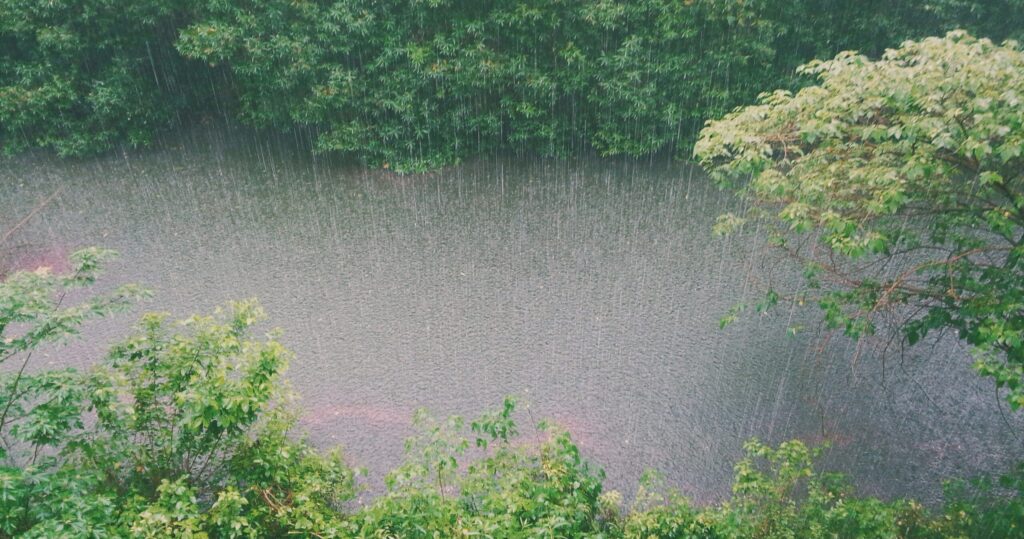Once again we turn the alarmists’ trick of uttering warnings about the alleged climate disaster then, in lieu of actual evidence, merely adding “scientists say” to the end of the sentence back on them by reporting things that scientists actually say, rather than what journalists and activists want you to believe they say. This week we report on the statement of the experts at the Geophysical Fluid Dynamics Laboratory, which is part of the US National Oceanic and Atmospheric Administration, on the subject of greenhouse gases and Atlantic hurricanes. They have posted a webpage summarizing the current science. Think of everything you’ve read in the press or heard from activists about hurricanes. Contrast it with: “In summary, neither our model projections for the 21st century nor our analyses of trends in Atlantic hurricane and tropical storm activity support the notion that greenhouse gas-induced warming leads to large increases in either tropical storm or overall hurricane numbers in the Atlantic. While one of our modeling studies projects a large (~100%) increase in Atlantic category 4-5 hurricanes over the 21st century, we estimate that such an increase would not be detectable until the latter half of the century, and we still have only low confidence that such an increase will occur in the Atlantic basin, based on an updated survey of subsequent modeling studies by our and other groups.” Scientists say.
The NOAA website provides a careful review of the whole subject of Atlantic hurricanes, especially the ones that make US landfall since they are so often connected in the news to climate change. They provide an important caution about using early data at face value, and when the record is adjusted for the lack of observing systems in the ocean a century ago, the result is no evidence of an upward trend (note emphasis in original):
Existing records of past Atlantic tropical storm or hurricane numbers (1878 to present) in fact do show a pronounced upward trend, which is also correlated with rising SSTs (e.g., see blue curve in Fig. 4 or Vecchi and Knutson 2008). However, the density of reporting ship traffic over the Atlantic was relatively sparse during the early decades of this record, such that if storms from the modern era (post 1965) had hypothetically occurred during those earlier decades, a substantial number of storms would likely not have been directly observed by the ship-based “observing network of opportunity.” We find that, after adjusting for such an estimated number of missing storms, there remains just a small nominally positive upward trend in tropical storm occurrence from 1878-2006. Statistical tests indicate that this trend is not significantly distinguishable from zero.... While there have been increases in U.S. landfalling hurricanes and basin-wide hurricane counts since the early 1970s, Figure 4 shows that these recent increases are not representative of the behavior seen in the century long records. In short, the historical Atlantic hurricane frequency record does not provide compelling evidence for a substantial greenhouse warming-induced long-term increase.


